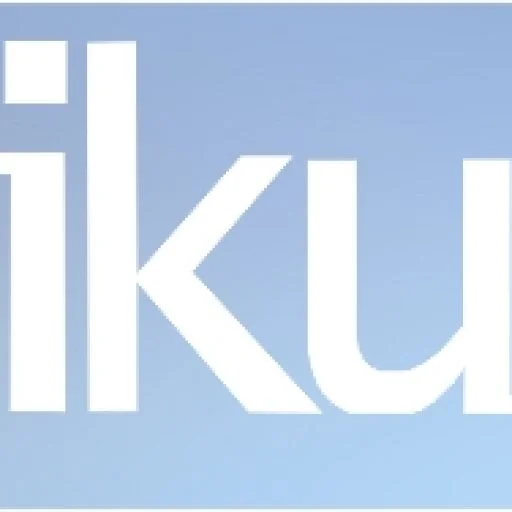 NICE, Zelboraf hakkında daha fazla bilgi istedi… (İng)
NICE, Zelboraf hakkında daha fazla bilgi istedi… (İng)
NICE Requests Further Information on Zelboraf
The National Institute for Health and Clinical Excellence (NICE) has issued a second draft guidance to Roche asking them to provide additional information on the use of their skin cancer drug, Zelboraf (vemurafenib).
The request concerns Zelboraf’s use in the treatment of unresectable locally-advanced or metatastic BRAF V600 mutation-positive melanoma, for which NICE announced, in draft guidance issued in June earlier this year, that they would not be making a positive recommendation.
Zelboraf “is an expensive drug and its long-term benefits are difficult to quantify,” Professor Carole Longson, director of NICE’s health technology evaluation centre, commented.
During discussions on the initial draft recommendations, Roche submitted extra analyses on the efficiency of Zelboraf relative to the drug’s cost. When asked to consider the additional information, NICE’s independent advisory committee determined that they still need further clarification to defend the “significant cost” prior to making the decision to recommend or not recommend for routine use in the NHS. The panel has therefore asked Roche to provide further analyses and clarification, Prof Longson noted.
In response Roche commented that they are “confident that vemurafenib should be recommended by NICE and will provide further information to help NICE make its decision.”
In addition Roche noted that “NICE has already accepted that vemurafenib represents a ‘step change’ in the treatment of metastatic melanoma and that there is robust evidence that it is a life-extending therapy that qualifies for its end-of-life criteria.”
Patients with advanced or metastatic malignant melanoma are normally treated with carboplatin-based chemotherapy or dacarbazine, or given best supportive care. The data for the application came mainly from the BRIM3 study, which compared the drug with dacarbazine and signalled that the drug offers an extension to life of at least three additional months, in comparison with current NHS treatment.
However, UK regulatory body’s advisory committee felt that the evidence from the study was uncertain, as many of the patients receiving dacarbazine transferred to Zelboraf and patients whose disease progressed after treatment with dacarbazine were able to receive a range of other therapies, including Bristol-Myers Squibb’s Yervoy (ipilimumab) and investigational treatments.
The advisory committee had also agreed that the most plausible Incremental Cost-Effectiveness Ratio (ICER) for Zelboraf was highly uncertain, given the assumptions made on approximating overall survival and the drug’s long-term benefit, and that it could be considerably greater than £50,000 per QALY gained.
Zelboraf costs £1,750 for a week’s supply – one pack of 56 x 240mg tablets – and treatment for an average duration of 30 weeks would cost £52,000. Roche has agreed a patient access scheme (PAS) with the Department of Health, with a reduction on the drug’s list price which is commercial-in-confidence.
The Scottish Medicines Consortium (SMC) is due to announce guidance on Zelboraf’s use in September this year.
Links:
www.nice.org.uk
www.pharmatimes.com
